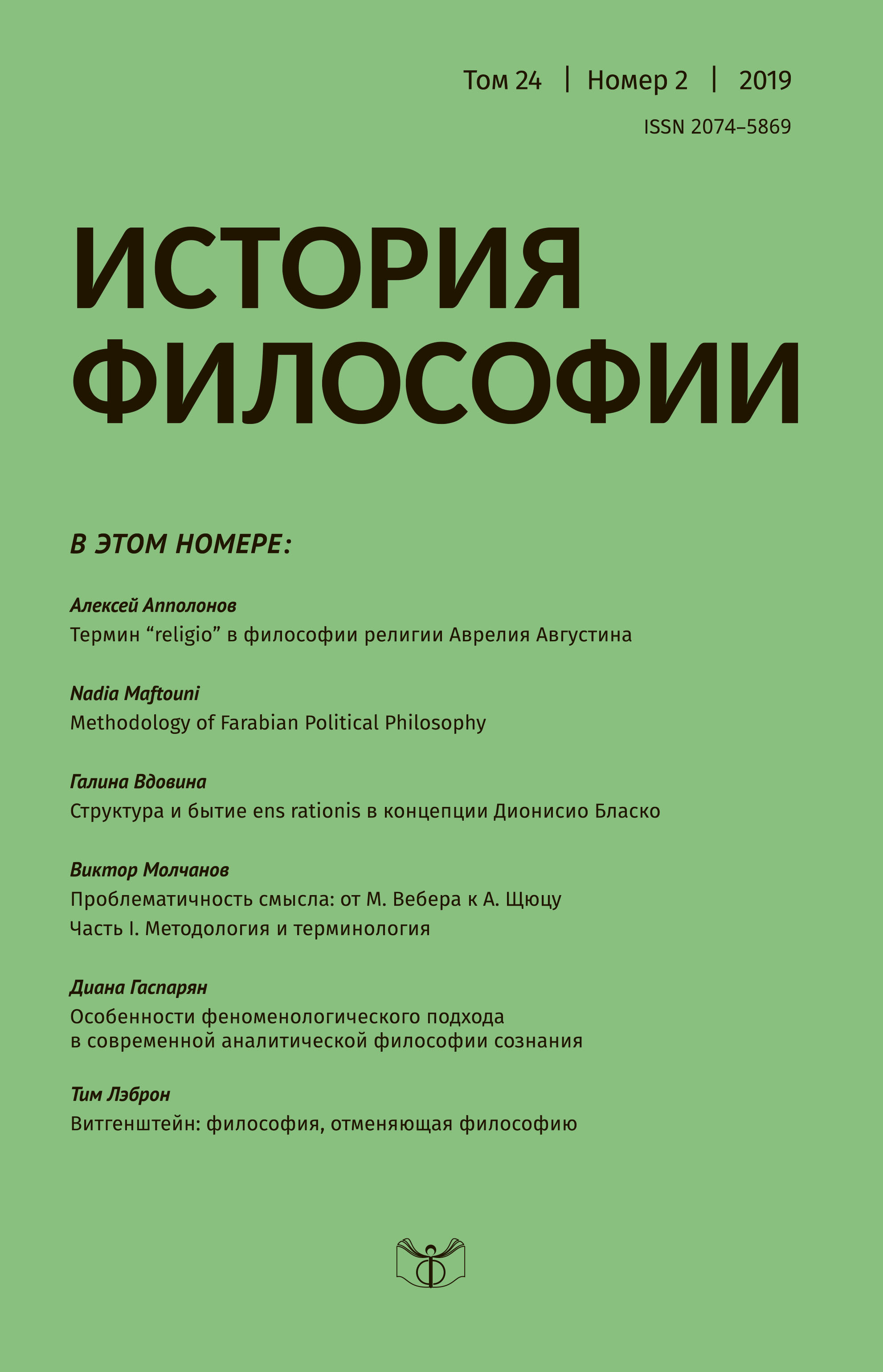Wittgenstein: Philosophy Dissolving Philosophy
DOI:
https://doi.org/10.21146/2074-5869-2019-24-2-114-125Keywords:
Wittgenstein, realism, idealism, metaphysical foundations of language, logical syntax, language game, meaning, practice, mathematical proofAbstract
In both his early and later work, Ludwig Wittgenstein wants to show the way out of philosophical
confusion. He even speaks of stopping philosophy. However, it is not philosophy in and of itself
that he is critiquing; rather, he is using philosophy to stop what he regards to be wrongheaded
philosophy. For example, metaphysical realism and linguistic idealism. We are not passive recipients
of data, nor do we impose whatever we like on data. He shows that words in a language hold
meaning within a system of propositions, and logic is not underlying this system as a guarantor of
uniformity and meaning; instead, logic is found in the propositional system and form of life. This
is similar to Wittgenstein’s understanding of mathematics, where he rejects the realist idea that
numbers mirror reality, and the formalist view that numbers are merely marks we play with – it is
in application that numbers become mathematics. Wittgenstein’s ‘dissolving’ of philosophy and
mathematics can be favorably compared with the way N. Bohr and subsequent physicists in line
with the Copenhagen interpretation ‘dissolved’ physics. What is being dissolved is an excessive
search for explanations as a foundation beyond ordinary language, the form of life, and experiments.
What is pursued, is the participatory nature between language and reality, and experiments
and the quanta.

